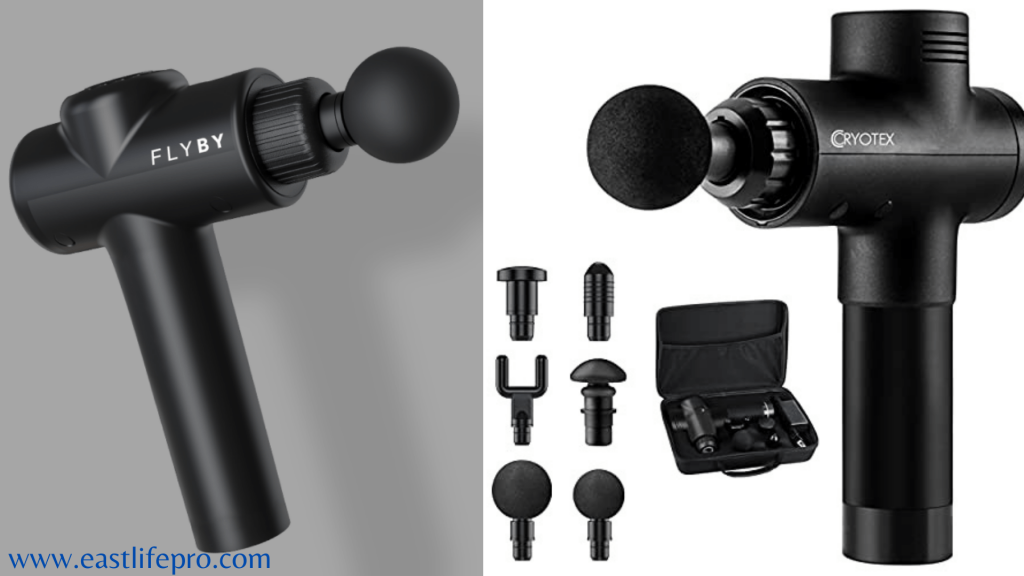When we talking about cooking oils, there are many variety of different methods used to extract oil from plants and seeds. One of the most popular extraction methods is cold pressing. Cold pressed oils are extracted through a hydraulic process that preserves the oil’s natural flavor and nutritional value.
All about Clod Pressed Oil
In this article, we will read about the differences between cold pressed oil and other extraction methods, and we will also discuss the many benefits of using Limmunoil cold pressed oil.
What is Cold Pressed Oil?
Cold pressed oil is extracted from seeds by pressing them with a hydraulic press. This method is called “cold” pressing because it’s extracted at room temperature . This low temperature prevents the oil from losing its natural flavour, color, and nutritional value.
Cold pressed oils are known for their high nutrient content. They are rich in vitamins, minerals, and antioxidants, making them a healthier option for cooking and baking. They are also less processed and less refined than other types of oils, which means they retain more of their natural flavour and aroma.
Other Extraction Methods
There are several other methods used to extract oil from plants and seeds, including solvent extraction and expeller pressing. Solvent extraction involves using chemicals to extract the oil, while expeller pressing involves pressing the seeds or plants at high temperatures. These methods can damage the oil’s natural flavor and nutritional value, as the high temperatures can cause the oil to oxidize.
Nutrient Comparison
One of the biggest differences between cold pressed oil and other extraction methods is the nutrient content. Cold pressed oils contain higher levels of vitamins, minerals, and antioxidants than oils extracted using other methods. This is because the low temperatures used during the extraction process help to preserve the oil’s natural nutrients.
Health Benefits
The higher nutrient content of cold pressed oils makes them a healthier option for cooking and baking. They are rich in monounsaturated and polyunsaturated fats, which are known to lower cholesterol levels and reduce the risk of heart disease. They are also high in omega-3 fatty acids, which have anti-inflammatory properties and are important for brain health.
Culinary Applications
Cold pressed oils are versatile and can be used in a variety of culinary applications. They are a great option for dressings, dips, and marinades, as well as for cooking and baking. They have a rich, nutty flavor that adds depth and complexity to dishes.
Limmunoil Cold Pressed Oil
If you are looking for a high-quality, organic, and unrefined oil that is rich in omega-3 fatty acids, vitamins, antioxidants, and phytonutrients, then look no further than Limmunoil, Best cold pressed oil. This oil is made using a natural cold press method that preserves the oil’s natural flavor and nutritional value. It is also low in saturated fat and high in unsaturated fats, making it a healthier option for cooking and baking like Sesame, Groundnut and Mustard cold pressed oil for cooking you can purchase from Limmunoil website.
In addition, Limmunoil Cold Pressed Oil is a good source of plant-based protein, which is important for maintaining muscle mass and a healthy metabolism. The oil is also low in saturated fat and high in unsaturated fats, making it a healthier option for cooking and baking.
Conclusion
In conclusion, cold pressed oil is a healthier option for cooking than oils extracted using other methods due to its higher nutritional value and beneficial plant compounds. Limmunoil, Best Cold Pressed Oil is a great option for those looking for a high-quality, organic, and unrefined oil that is rich in omega-3 fatty acids, vitamins, antioxidants, and phytonutrients. By making informed choices about the oils you use in your cooking, you can ensure that you are providing your body with the nutrients and energy
James Martin is a passionate writer and the founder of OnTimeMagazines & EastLifePro. He loves to write principally about technology trends. He loves to share his opinion on what’s happening in tech around the world.



